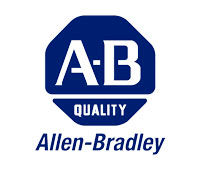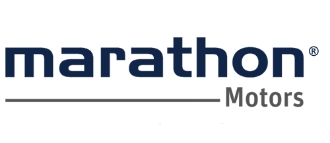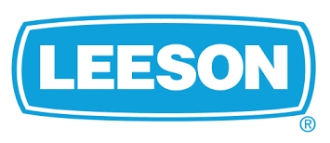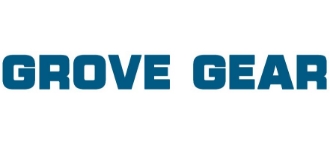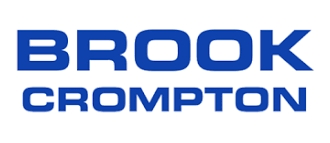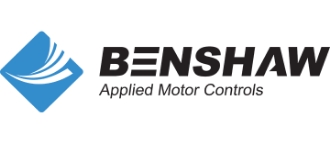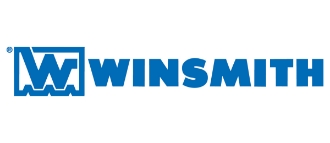
Relay Repair Services
All electronic devices depend upon successful circuitry, and one common feature of electronic machinery is the presence of relays. If your relay isn’t functioning properly, then your machinery simply won’t get the type of current it needs, when it needs it. AES can help! We service industrial equipment of all types, and we can take care of your relay needs, too.
Quickly Search for an Electronic Equipment you are looking for:

Request a Quote

Get in Touch

Get started with our simple, proven AES Repair Process
Once we have received your item for repair, we will receive the item in our system.
1Our quoting specialists will evaluate your item and determine the parts and labor necessary to complete the repair.
2Following your approval, we will get to work on your repair. One of our repair technicians will troubleshoot the problem(s) with the item.
3To ensure the highest level of quality throughout the repair process, we comply with ISO 9001:2015 Certified QMS standards, and an ESD program.
4Once the repair is complete, we safely package your item and prepare the item for delivery or shipment.
5Our Partners and Brands We Repair
All product names, trademarks, brands and logos used on this site are the property of their respective owners. The depiction, description or sale of products featuring these names, trademarks, brands and logos is for identification purposes only and is not intended to indicate any affiliation with or authorization by any rights holder.
What Is a Relay, & How Exactly Does a Relay Work?
What’s a relay? A relay is a type of electric switch which can also convert a small electrical signal into a much larger form of current. Many types of circuitry make use of relays; in fact, relays are pretty much indispensable when it comes to any form of industrial electronic machinery or tools.
How does it work? Many circuits achieve the current conversions that are needed through the use of relays. The conversion occurs when an electrical input activates the relay’s electromagnets or other electronic mechanisms to either form a circuit, or break an existing circuit. Since relays turn weak inputs into much stronger currents, they’re more than just electrical circuit switches. Relays also serve the important function of being an amplifier for the electric circuit in question, depending upon the specific needs of the application. In addition, a relay can be used just as effectively in complex circuit designs as it can in simple circuits.
Common Relay Designs & Types
There are several designs of relays in popular use today, for both personal electronic devices as well as for industrial electronic applications: *Protective relays: Protective relays prevent equipment damage by detecting any electrical abnormalities, including current extremes and circuit overloads. Any of these triggers will cause relays to flip its proverbial switch, thus helping to preserve any equipment included in the circuit. These types of relays are common in applications like starting coils, heating elements, pilot lights, and audible alarms. *Electromechanical relays: An electromechanical relay works exactly as the name suggests. With this type of relay, the contacts are opened or closed by an electrical signal, which is then converted to a magnetic force.
*Solid-state relays: Some types of relays don’t rely upon electromagnetic technology at all. In the case of a solid-state relay, there are actually no physical contacts. With these relays, the switching process is entirely electronic.
*Hybrid relays: You may be wondering whether there is a design of relay which combines the physical features of an electromagnetic relay with the technological advantages of a solid-state relay. There is – it’s known as a hybrid relay. The hybrid relay taps into the best features of both electromagnetic and solid-state relays, and helps to eliminate the disadvantages of both.
*Thermal relays: A thermal relay operates based upon the effects of heat. Once the temperature rises to a certain limit, a thermal relay directs the contacts to switch from one position to other. This type of relay is common in temperature sensors, control elements, and motor protection applications. These relay designs are used almost exclusively in thermal overload relays.
*Reed relays: Reed relays are essentially comprised of magnetic strips sealed within a glass tube. This magnetic strip or “reed” acts both as an armature and as a contact blade. The magnetic field applied to the coil is wrapped around this glass tube, causing the reeds to move. If the reeds move far enough, the relay is activated, and the switch engages.
Two Common Causes of Relay Failure
As is the case with any sensitive electronic component, an issue can eventually develop with your relays over time – especially if you operate in a harsh industrial environment. Let’s look more at two of the most common relay failure mechanisms – contamination and mechanical wear:
Contamination
Contamination is a major cause of early life failures in many types of electronic equipment, relays included. There are many potential sources of contamination, but many times it can stem from the various chemicals used in the original manufacturing process of the relay (e.g., soldering fluxes and cleaning agents). In manufacturing, production, or other industrial environments, other contaminants can come into play, as well.
Mechanical wear
When it comes down to an electrical component like a relay, in most cases, its lifespan is ultimately determined by the condition of its contacts. Degradation of relay contacts can be caused by several things, including elevated momentary currents, sustained currents, and high voltage spikes. The life of contact can be further degraded if contamination or pitting is present on the contact. Physical wear can occur to other elements within the relay, as well.
Why Choose AES for Your Relay Repair Services?
Since its founding in 1992, AES has established a proven track record of servicing all sorts of industrial electronic, mechanical, and hydraulic equipment for our many clients across the globe. We’re happy to take care of your relay equipment needs, too. Here are a few things that help to set AES apart:
Quick Turnaround
A quality relay repair or replacement does take some time to complete, but we’ll also work to get it done for you FAST! We offer a quick standard turnaround time of 8-10 business days for most projects, but we can also deliver a RUSH turnaround time of 1-3 business days, if that’s what your needs dictate!
Quality Repairs
At AES, we’re committed to providing the highest possible quality of repair services for every single industrial equipment repair project. We’ve successfully worked with relays of all sorts for decades, and we can help you with your relay needs, too!
Experienced Repair Technicians
We’re confident in our abilities to serve your needs at AES. Why? Because our team of repair technicians collectively possesses many decades of combined experience, and we’ve worked with just about every type of industrial electronic equipment that exists. We also invest in regular training opportunities to expand our team’s abilities, which means that we’ll be even better suited to serve your specific needs!
Resources That Extend Beyond Repair
If it’s possible to repair your electronic component or piece of equipment, our team can do it! On the other hand, if it would really be better off to simply replace the component in question, we partner with a broad range of preferred vendors to help us serve your particular needs. Whether a repair solution or a replacement solution is required, AES has you covered!
Best Warranty in the Industry!
Most repair companies offer a warranty of some sort, but the AES warranty is really the best in the business! We stand behind everything we do by offering a full 24-Month Limited Warranty for ALL REPAIRS! If a problem arises during that time frame which is deemed to be a workmanship issue, AES will be happy to provide follow-up repair service at no additional cost to you!
Ready to get your relays back online and working smoothly? AES is here to take care of your needs – reach out to us today at (866) 386-1001!







